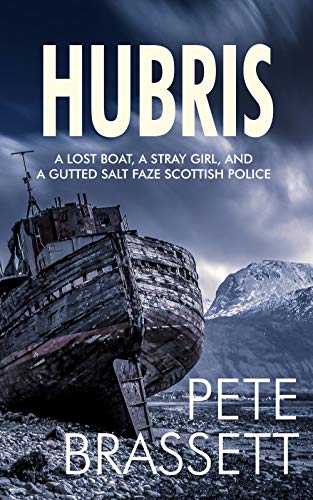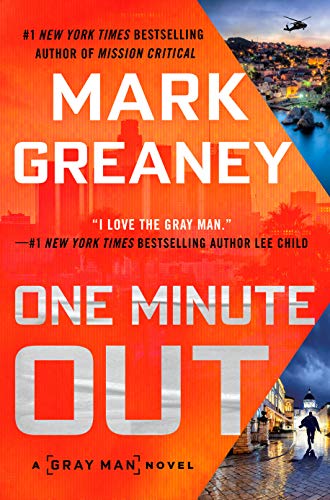
I’ve become a fan of Harlan Coben’s novels, especially since he moved out of sports-based mysteries to more domestic stories, in which responsible husbands and fathers go to extraordinary lengths to rescue family members.
I’m not so keen on the turn he’s taken with his latest novel, The Boy from the Woods.
The hero of The Boy from the Woods is a man known only as Wilde. Wilde comes equipped with a fairly implausible back story. As a boy, he was found living in the New Jersey woods, apparently a feral child – although he could speak and read English. No family ever stepped forward to claim him. He entered the military, and then briefly became a private investigator. He still lives in the woods.
The closest thing he has to a family is that of Hester Crimstein (a continuing character who often shows up in Corben’s novels), a tiny but relentless celebrity criminal lawyer. He was particularly close to her youngest son, who died in an auto accident. Now he’s kind of a mentor to her grandson Matthew, who’s in high school.
One day Matthew contacts Wilde and asks for his help. A girl in his class, Naomi Pine, has disappeared. Naomi had been the victim of universal bullying in their school. Matthew is concerned she may have done herself harm.
Wilde’s investigation will lead to unexpected connections with the campaign of a popular presidential candidate, one whom Hester dislikes and fears. This man (a sort of cross between Donald Trump and Rush Limbaugh, by way of Nietzsche and Mussolini) has secrets he will go to any length to cover up. However, even when the truth comes out at great cost, it will prove to be not quite the truth.
The Boy from the Woods kept my interest all the way through. However, some aspects of the story never worked for me. The “feral child” thing struck me as unlikely. (From what I’ve read, such children have been found from time to time in the real world, but they were pitiful physical specimens, nothing like the hunk Wilde has grown into). The mystery of his origins is clearly meant to be an ongoing thread in future books (this is obviously the beginning of a series), but it didn’t convince me.
Also – for no reason I can think of, except to score points with feminists – a group of security people consisting entirely of women (except for one transgender) is introduced. And when Wilde merely hints that their boss (a friend of his) might want to find a less dangerous job, since she’s the mother of four small kids, he gets shot down hard for sexism.
Also, the resolution of the story is unsatisfying in multiple ways.
So my final verdict is that The Boy from the Woods is an interesting, engaging (though ultimately frustrating) story, I don’t think I’ll follow the series any further.
Cautions for language and mature themes.







